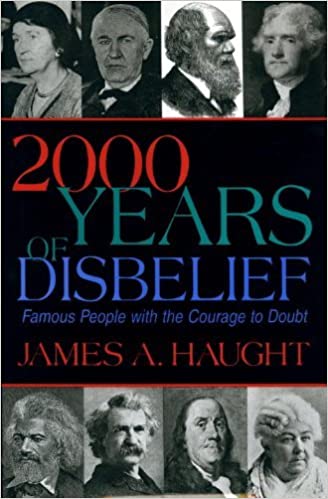This piece was reprinted by OpEd News with permission or license. It may not be reproduced in any form without permission or license from the source.
Since early times, women attempted various folk remedies and other methods to avoid pregnancy. Some inserted moss, leaves, roots or crude cervical caps into themselves to block sperm. In ancient Greece and Rome, the silphium plant reportedly was ingested to induce abortion -- and over-harvesting perhaps helped cause the plant's extinction.
Effective birth control didn't become possible until the start of the 20th century, after vulcanization of rubber enabled workable diaphragms and condoms. Puritanical churches, especially Catholicism, denounced the development, saying it thwarted the will of God. Preventing pregnancy was equated with murder.
In Victorian Britain in the 1870s, radical reformers Annie Besant and Charles Bradlaugh edited the National Reformer, which championed trade unions, public education, woman's suffrage, workplace safety and birth control. They reprinted a forty-year-old pamphlet calling for contraception, and were arrested on charges of "obscene libel". They were acquitted, and their sensational trial helped erode prim sexual taboos.
In America, Margaret Sanger (1883-1966) spearheaded the birth-control movement. Trained as a nurse, she worked in New York City tenements where she saw low-income women broken by endless childbearing. She recounted a 1912 incident in which a desperate mother nearly died from a self-induced abortion. The woman's doctor had no advice except to tell her husband to "sleep on the roof". When Sanger returned later, she found the woman pregnant again, and terminal.
Determined to combat unwanted pregnancy and venereal disease, Sanger went to Holland and learned of a new invention, the diaphragm. She returned to America and began publishing The Woman Rebel, which clamored for birth control. She was indicted under prudish Comstock laws.
In 1916, she opened America's first birth-control clinic, which was swiftly closed by police. Sanger was jailed thirty days for "maintaining a public nuisance". As she was booked into jail, she was asked her religion, and she replied, "Humanity". Altogether, the reformer was jailed eight times for mentioning sex.
In 1921, she founded the American Birth Control League, which later evolved into the Planned Parenthood Foundation. She was denounced incessantly by hidebound American ministers. In 1936, federal courts ruled that advocating contraception didn't violate Comstock laws. That same year, the American Medical Association revoked a former statement condemning birth control.
In 1965, a year before Sanger's death, America's Supreme Court scored a breakthrough in Griswold v. Connecticut, striking down state laws making it a crime to sell contraceptives to married couples. Justices decreed that such couples have a right of privacy in their bedrooms. In 1972, a follow-up case, Eisenstadt v. Baird, extended the right to unwed couples.
Legalization of birth control was another triumph for liberalism. Slowly, western civilization began to consider avoidance of pregnancy a human right.
In 2010, President Barack Obama's landmark Affordable Care Act, extending medical insurance to millions of lower-income Americans, provided that all health plans (except those of churches) must provide contraception to women employees at no cost. Republicans and conservative denominations exploded in protest. They filed several lawsuits contending that "religious freedom" should allow devout employers to deny birth control to their female workers. Republicans in Congress pushed legislation to guarantee this freedom for employers. The Supreme Court allowed a tiny fringe of firms and religious entities to elude the mandate, but the vast majority of America welcomed it.
Progressives mostly have won the battle for birth control, although a few pockets of resistance remain.
(Haught is editor emeritus of West Virginia's largest newspaper, The Charleston Gazette-Mail. This is a chapter from his 11th book, Hurrah for Liberals.)
(Note: You can view every article as one long page if you sign up as an Advocate Member, or higher).





